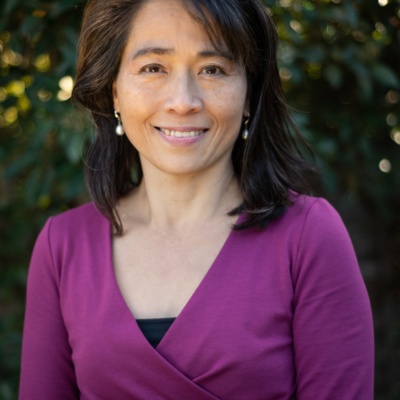Our endocrinology service provides care for patients with a broad range of endocrine conditions in outpatient clinics, as well as after inpatient endocrine emergencies.
It also provides a consultation service for inpatients with endocrine conditions.
Endocrinology comprises a wide collaboration with neuroendocrinology, neurosurgery and pituitary services based at the National Hospital for Neurology, and endocrine surgery and women’s health at University College Hospital.
Service management
Ahet Gaygusuz
Other contact information
General endocrine queries
Tel: 07966 770 637
Email: uclh.endocrinology@nhs.net
Endocrinology specialist nurses
Tel: 07966 770 663
Growth hormone queries
Tel: 07970 521 675
Email: uclh.growthhormone@nhs.net
Thyroid service queries
Tel: 07966 770 699
Email: uclh.thyroid@nhs.net
Lipid service queries
Tel: 07966 770 688
Address
Endocrinology
University College Hospital
3rd floor, central wing
250 Euston Road
London, NW1 2PG
Other referral information
NHS e-Referral Service (formerly Choose and Book referrals)
| UCLH service name | Choose and book specialty | Clinic type |
| General endocrinology | Endocrinology and metabolic medicine |
General endocrinology |
Access to patient results
Results can be attached to the clinic letters sent to GPs following outpatient consultation. Patients are copied into all correspondence from clinic.
Referral address
Endocrinology Service
UCH Referrals Centre
Ground floor north
250 Euston Road
London, NW1 2PG
The following services and clinics are provided:
- General endocrinology
- Neuroendocrinology, pituitary disease
- Thyroid disease, thyroid nodules and cancer
- Lipid disorders
- Osteoporosis, metabolic bone disease and calcium disorders
- Pituitary conditions: surgery, outpatient and inpatient care including acromegaly, Cushing’s syndrome, prolactinomas, non-functioning pituitary adenoma, craniophayngioma. Pituitary hormone replacement including adult growth hormone deficiency after traumatic brain injury
- Adrenal disorders including Addison’s disease, congenital adrenal hyperplasia and indicentalomas.
- Reproductive endocrinology including adult sex hormone deficiency, hypogonadism, induction of spermatogenesis and ovulation. Polycystic ovary syndrome.
- Endocrinology care for patients with late effects of cancer treatment and brain tumours
- Endocrine surgery case work up including imaging, hyperparathyroidism, thyroid nodules, adrenal tumours.
- Endocrine disorders in pregnancy (thyroid, calcium, pituitary)
- Structured patient education (one-to-one or group education)
- Dynamic endocrine investigations
The endocrinology department is supported by expert consultant endocrinologists who specialise in different areas within the specialty. Dr Baldeweg leads in pituitary and bone disease, Prof Betteridge in lipid disorders, Prof Conway in reproductive disorders, Dr Chung in adrenal conditions and Dr Hurel in thyroid disease.
We have the first consultant nurse in Endocrinology to be appointed in the UK and two clinical nurse specialists. The main focus of their role is to provide patient support and education especially at initiation of new treatments, continuation of care and coordination of services between different care settings. They also play an important role in the transition care from paediatric to adult service and work closely with the paediatric team at Great Ormond Street Hospital. Our nurse specialists also organise regular patient open days to give an opportunity for more in depth education and shared experience.
Endocrine care is normally provided at both secondary and tertiary care levels on a long-term basis. Many conditions are reviewed in multidisciplinary meetings (MDM) on a routine basis with MDMs for pituitary, thyroid, endocrine surgery, reproductive medicine and general endocrinology occurring on a weekly basis.
Shared care protocols are in place when GPs are involved in patient care and monitoring. It is routine practice to provide written reports to GPs following each patient's clinic visit or admission; patients always receive a copy of the letter which is followed by telephone consultations when necessary.



